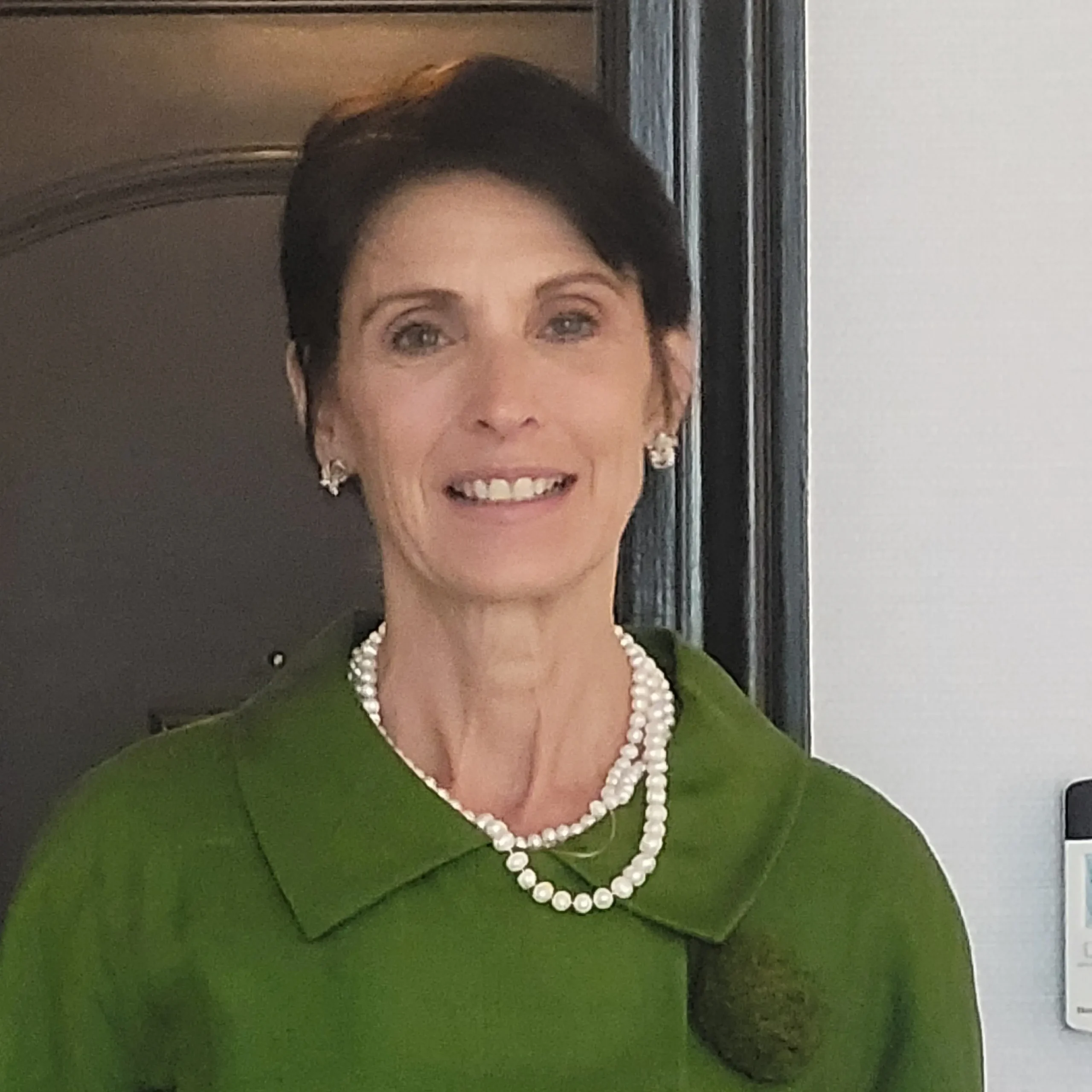
Anybody who has ever been married knows that when one half of the equation can’t sleep, chances are very good that the other half’s sleep is disrupted, too. The result can be fatigue, irritability and — over a prolonged period — unintentional resentment toward the partner causing the nightly disturbance.
All of that begs the question: Is there a direct correlation between sleep and marital happiness, and to what degree?
A recent study conducted by Dr. Wendy Troxel, a senior behavioral scientist with RAND and a licensed clinical psychologist and adjunct professor at the University of Utah, revealed the implications of sleep deprivation on relationships. Her study put hard evidence behind the experience so many couples struggle with regularly, which perhaps fuel so-called “sleep divorces” — the increasingly popular trend of married couples sleeping in separate beds or rooms.
Troxel’s goal was to measure the correlation between good sleep and couples’ overall happiness and satisfaction. Her research, published in SLEEP, included 36 couples with a mean age of 63. Critical to the sample group was that one person in each couple had recently been prescribed a positive airway pressure therapy machine to help mitigate sleep apnea.
Sleep apnea is the second most common sleep disorder in the world, according to cpap.com, having an estimated 1 billion sufferers worldwide. “There are approximately 170 million people in both the Americas with sleep apnea, and this is considered to be a conservative estimate,” according to the site.
Sleep apnea arises in three forms, with the most common one being obstructive sleep apnea. OSA wakes sleepers numerous times a night through the physical blocking of airflow. This blockage is known to result from a relaxation of the muscles in the back of the throat and usually (94 percent of the time) involves snoring or even choking sounds.
If that isn’t terrifying enough, sleep apnea can have severe consequences, including high blood pressure, metabolic syndrome, cardiovascular disease, depression, decreased sex drive, fertility issues, and even potential separation and divorce.
Just listen to this TikTok where one man attributed his own divorce to his snoring and its “snowball” effect on his relationship: “My snoring was so bad that it really ripped my family apart and led to divorce. … I went through divorce.”
WARNING: The following video contains vulgar language that may offend some readers.
@seanmikekellyHis Snoring Led to his Divorce!♬ original sound – Sean Kelly
Over the course of three months, Troxel and her team tracked usage of the PAP therapy machines in cooperation with wrist-worn accelerometers, which gauge sleep duration and efficiency. Surveys were distributed to assess perceived relationship quality in congruence with consistency in PAP therapy machines usage.
Simply put, her team found the more consistent the usage of the PAP therapy machine, the happier and more satisfied the couples were in their relationships. That speaks volumes about the value of sound sleep, and it’s especially good news at a time when the divorce rate is already at 43 percent (for first marriages), according to Forbes.
Troxel hopes her findings motivate those who suffer from snoring or sleep apnea to remain consistent with their usage of the PAP therapy machines — for their own good, as well as for the good of their marriage.
“In other words, if you’re not going to wear your #CPAP for yourself, then do it for your partner! You’ll both be happier and better slept in the long run,” Troxel shared on X.
In other words, if you’re not going to wear your #CPAP for yourself, then do it for your partner! You’ll both be happier and better slept in the long run.
— Dr. Wendy Troxel (@wendytroxel) May 31, 2024
“We developed a couples-based treatment called ‘We-PAP’ in recognition of the fact that couples’ sleep is a shared experience and to help patients and partners overcome challenges to adhering PAP together,” Troxel stated at the SLEEP 2024 annual meeting.
It must be emphasized that sleeping together offers married couples opportunities for shared physical intimacy, emotional intimacy and connection that could be lost when one or the other partner exits the marital bed for good. Couples who choose to sleep separately must actively replace that lost time together with additional time outside the bedroom to regain those critical moments.
Nevertheless, a recent YouGov survey of more than 12,000 adults showed that only two-thirds of Americans currently want to share a bed with their partner due to all kinds of understandable reasons resulting in poor sleep. And a Serta Simmons Bedding survey that polled 2,000 Americans living with partners on whether they would consider sleeping in a separate bed revealed that 49 percent said they would if it meant sleeping more soundly.
What this Tiktoker shared about coping with his wife keeping him up all night speaks volumes about the issue.
@gissyboy_56 Sleep ain’t always great but she always is #fyp #meme #fypシ #couples #dating #women #snoring ♬ original sound – ashleyT
Thankfully, Troxel and her team have offered insight into one solution that might prevent more than a few divorces.






